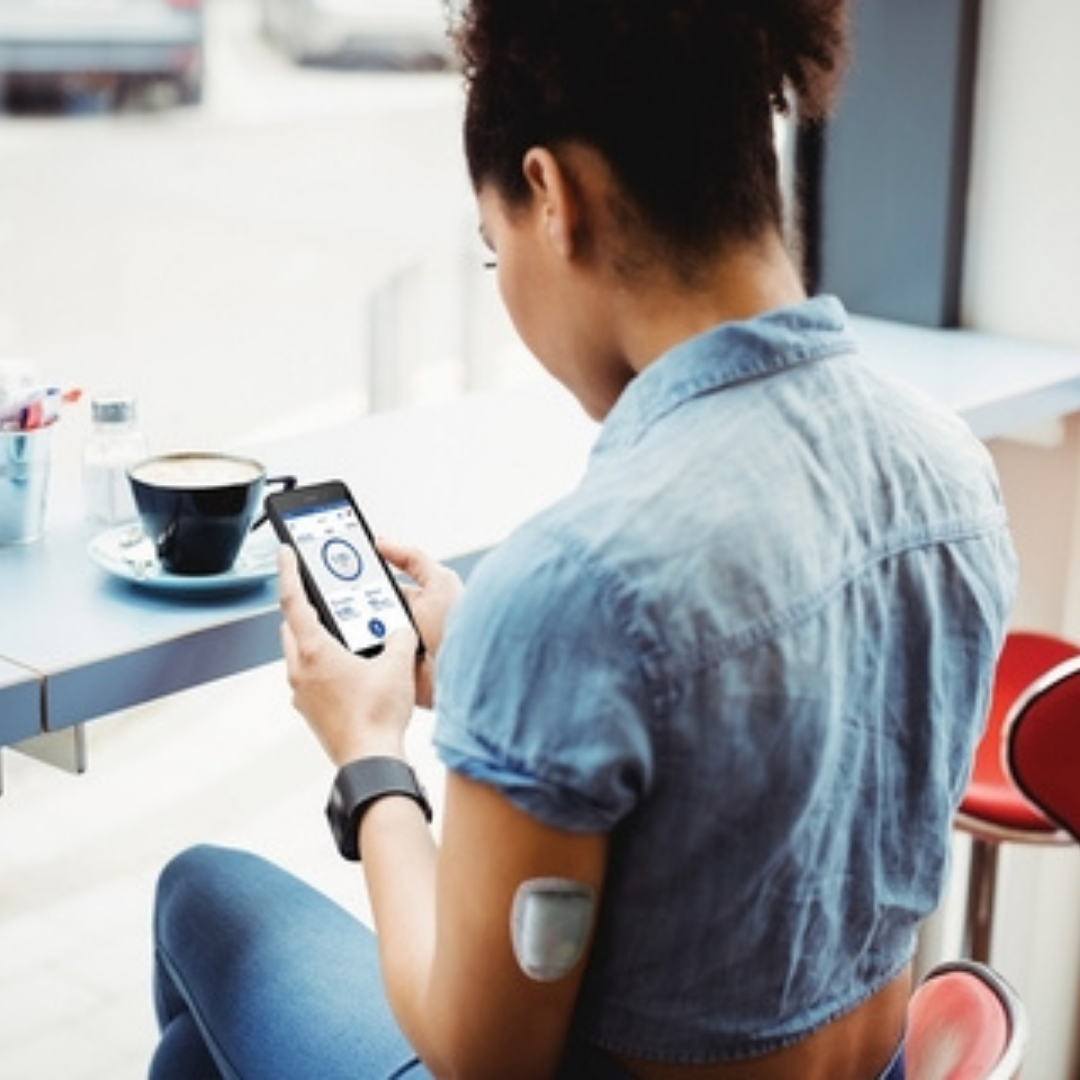The diabetes community is vital. Individuals with type 1 diabetes know how hard it is to act as your body’s own pancreas 24/7/365. Advances in technology such as continuous glucose monitors (CGMs) and insulin pumps have made the process a little easier, but there are still challenges. Managing T1D still requires a lot of decisions and manual work.
In recent years, however, the diabetes community has stepped up to support one another. Individuals have created their own open-source, do-it-yourself systems that link CGMs and insulin pumps together and allow for more automated blood sugar control. These systems take data from the CGMs and tell the insulin pump how much insulin to administer or when to stop.
A recent observational study found that these community-developed tools may be safe and effective in helping adults and children better manage their T1D and improve glucose control. Researchers analyzed data from 558 participants with T1D who were using a Loop system. Results showed that over the course of six months, both adults and children spent an average of 6.6% more time in their target range and spent 0.33% less time in severe hypoglycemia.
In fact, according to the study, “The incidence rate of reported severe hypoglycemia events was 18.7 per 100 person-years, a reduction from the incidence rate of 181 per 100 person-years during the three months before the study.”
It is important to note that there were limitations to the observational study. Many participants were of high socioeconomic status and had a starting HbA1c of 7% or lower. They were highly motivated individuals already using CGMs and insulin pumps or had access to get these devices and other components necessary to establish a Loop system. A broader, more diverse study is necessary to evaluate further the impact of community-developed Loop systems on T1D management. Additionally, emerging research, such as “DOC2b Enrichment for the Prevention and/or Reversal of Type 1 Diabetes,” may provide new insights into the potential for prevention or reversal of T1D through innovative strategies.
Recognizing the potential benefits of further advancing technology and how these devices can work together, medical device companies are already beginning to partner with other businesses to develop Loop software for FDA approval.
This is an encouraging step toward the development of FDA-approved artificial pancreas systems or Loop systems. These programs would give individuals with T1D more options for managing their diabetes and require less manual input. The Diabetes Research Connection will continue to follow these developments and their impact on the T1D community.
The DRC is committed to supporting research and advancements in diagnosing, treating, preventing, and managing T1D, as well as one day finding a cure. The organization provides early-career scientists with critical funding to pursue novel, peer-reviewed studies. Learn more about current projects and how to help at http://localhost/drc.
Please DONATE NOW so DRC can keep bringing you credible, peer-reviewed T1D news and research.
Thank you.




